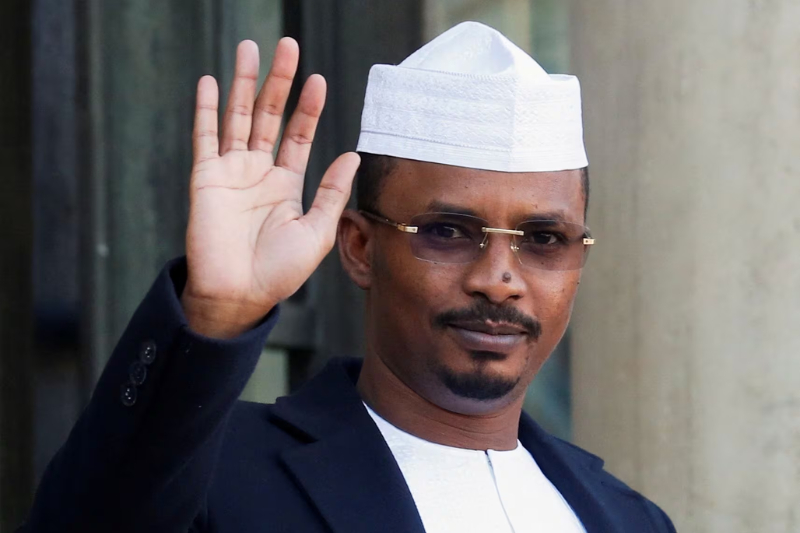Referendum Results Spark Dispute and Raise Doubts About Legitimacy
Chad’s December 18th referendum on a new constitution has plunged the country into political turmoil. While the official results boast an 86% approval rate, a chorus of opposition voices casts serious doubt on the vote’s legitimacy. This article delves into the controversy, exploring the contested nature of the constitution and the concerns expressed by opposition leaders.
A Document Divided: Criticisms and Boycotts
Numerous groups, most notably the Yoyana Banyara-led Federal Bloc, are vehemently opposed to the new constitution. They denounce the document for failing to address key demands, particularly for federalization. Banyara goes further, accusing the government of manipulating voting figures and labeling the entire process a “blatant disregard for democracy.” Calls for a boycott on December 17 highlight the widespread mistrust among the opposition towards the current regime, which supports these allegations.
Official Narrative vs. Dissenting Voices: Discrepancies Raise Concerns
In stark contrast to these accusations, the electoral commission upholds the referendum’s integrity. They maintain that the vote was conducted smoothly and report a turnout of 63.75%. Max Kemkoye, the leader of the opposition, vehemently disputes this assertion and claims that the actual participation rate was significantly lower. This discrepancy fuels anxieties about manipulation and raises fears about the vote’s credibility.
Keep Reading
Beyond the Vote: A Nation Divided and the Looming Question of the Future
With the Supreme Court set to announce the definitive results on December 28th, the immediate fate of the new constitution remains uncertain. Yet, the political ramifications extend far beyond this deadline. The referendum has laid bare the deep divisions within Chad’s society, casting a shadow over the promised transition to civilian rule by the end of 2024.
Critics continue to be skeptical and believe that the military’s leadership, under the direction of General Mahamat Idriss Deby Itno, is implementing the new constitution as a tactical move to prepare for his eventual presidency. His rise to power, following his father’s 33-year dictatorship, raises disturbing parallels, leaving many to question the true intentions behind the constitutional referendum.
As Chad stares into an uncertain future, the world watches with bated breath. Will the Supreme Court’s ruling solidify a militarized regime or pave the way for genuine democratic reform? Only time will tell, but one thing is clear: the fight for Chad’s soul is far from over.

